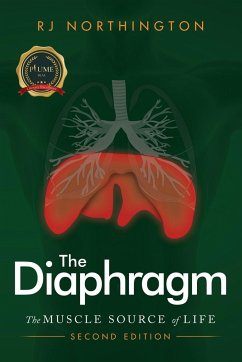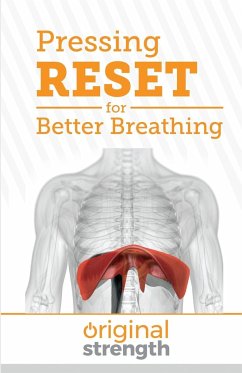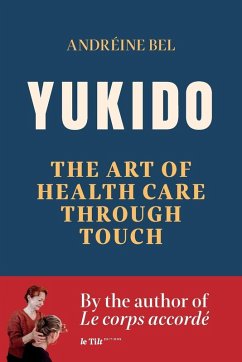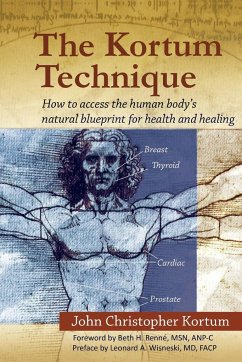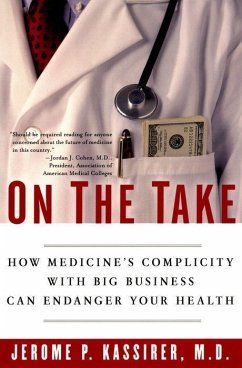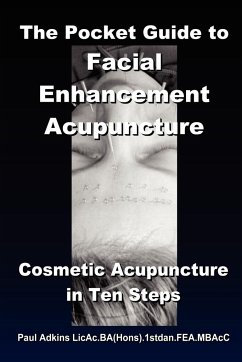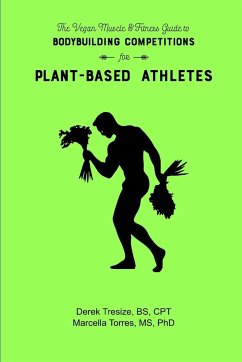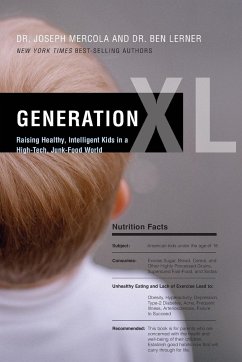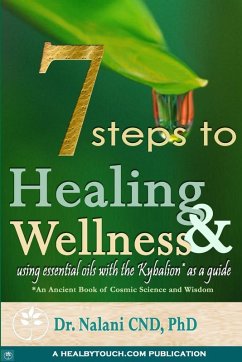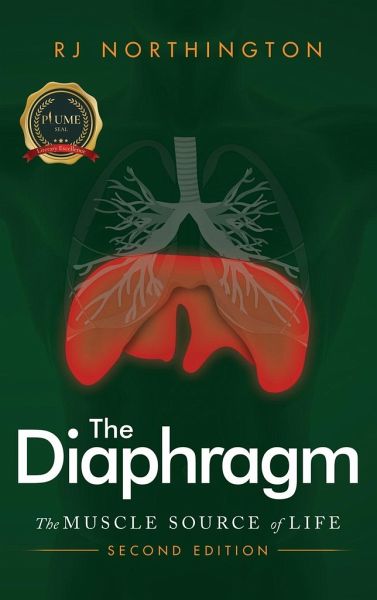
The Diaphragm
Versandkostenfrei!
Versandfertig in 1-2 Wochen
32,99 €
inkl. MwSt.
Weitere Ausgaben:

PAYBACK Punkte
16 °P sammeln!
THE DIAPHRAGM- The Muscle Source of Life talks about the significant role of our muscular thoracic diaphragm. Since the diaphragm is a muscle (skeletal muscle), its function is limited to the contraction (shortening), and relaxation (lengthening) of its muscle fibers, occurring under somatic (voluntary) and autonomic (involuntary) control. Yet the effects on the body from this simple function allow for the sustaining of the existence of life and function. The combination of the voluntary and the involuntary influence on the function of the diaphragm helps to maintain a relatively continuous fl...
THE DIAPHRAGM- The Muscle Source of Life talks about the significant role of our muscular thoracic diaphragm. Since the diaphragm is a muscle (skeletal muscle), its function is limited to the contraction (shortening), and relaxation (lengthening) of its muscle fibers, occurring under somatic (voluntary) and autonomic (involuntary) control. Yet the effects on the body from this simple function allow for the sustaining of the existence of life and function. The combination of the voluntary and the involuntary influence on the function of the diaphragm helps to maintain a relatively continuous flow of air into and out of the body. This air contains life giving oxygen, and/or qi/chi(life-force) while flowing into the body and contains metabolic wastes while flowing out of the body upon the contraction and relaxation of the diaphragm, a process called breathing. This life-giving oxygen is a very crucial component to produce energy in the body. The thoracic diaphragm, being in many ways the most important skeletal muscle for the preservation of life, is often the one most overlooked. The Diaphragm- The Muscle Source of Life goes beyond the breathing function of the diaphragm. It also gives detail on how this same function supports heart function and has the potential to increase the efficiency of the heart, lungs, brain, kidneys, and immune function but predominately with the voluntary engagement of the contraction of the diaphragm. The somatic or voluntary function of the diaphragm is one that has the potential to level the playing field for everyone. Fortunately, there are exercises that can increase the strength of the diaphragm, with minimal limitations on where and when it could be done, increasing the opportunity to influence the diaphragm to be even more efficient for the body.




